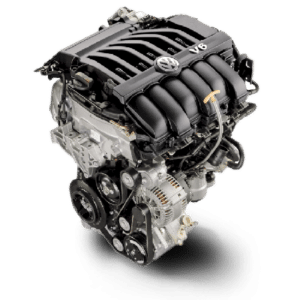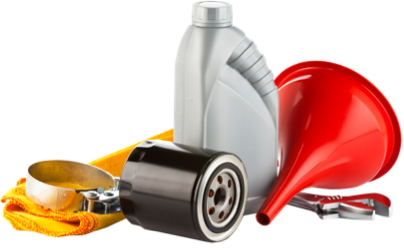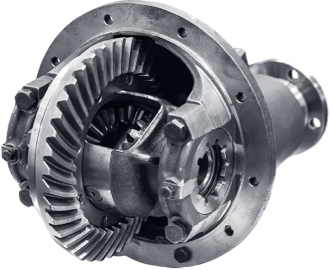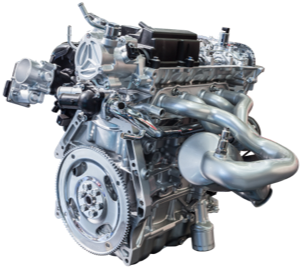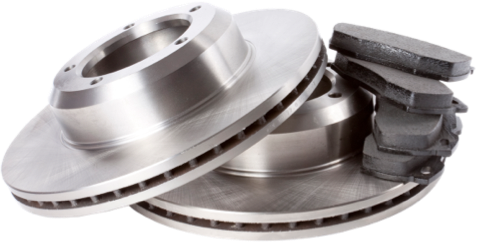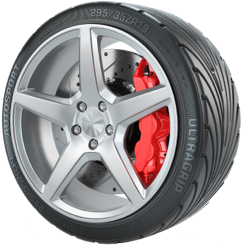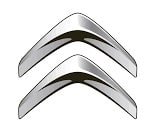Tu taller en Ríos Rosas
Cuidamos de tu vehículo usando
piezas de calidad y tecnología avanzada
Experiencia, calidad, transparencia y garantía
proceso
Nuestro
sistema de
trabajo
- Opiniones de los usuarios
rozando las 5 estrellas...
COMPRUEBA LA OPINIÓN DE CERCA DE UN MILLAR DE CLIENTES EN GOOGLE: 700 EN LAS TABLAS, MÁS DE 200 EN CUATRO CAMINOS Y CRECIENDO EN VALDEBEBAS.
-
Llevo más de 10 años con ellos. Son más que un taller. Cristina y Juan Antonio, y los chicos. Siempre que estoy por allí les llevo el desayuno. Ojalá haya… Ver más más como ellos. Nunca cambiaré. Sobra decir lo de profesionalidad, buena gente, seriedad, formalidad…
Miguel López-Pérez
05/08/2024Profesionales como siempre, varios años con ellos. Y con dos coches, ninguna pega.
Christian Perez
16/05/2024Juan Antonio es un gran profesional y lo más importante, un hombre de palabra.
Petete allez
26/02/2024El personal es muy agradable y técnicamente excelente, resolvieron mis caso enseguida y fueron muy amables. Volveré seguro!
Marcos Larrosa
15/02/2024Me llevo la grúa el coche y me lo arreglaron muy rápido y a buen precio
Narue
01/06/2023Llamé por un pinchazo y en seguida a través de su servicio de whatssap tenia toda la info y un presupuesto. Sentando expectativas de cuándo y a qué hora podría… Ver más pasarme, efectivamente me atendieron a partir de la hora acordada, rápida y eficazmante. Todo muy clarito y sin líos. No me extrañan las buenas calificaciones, motivo por el cual les contacté. Así da gusto.
Ivan I
20/04/2023 -
Servicio excelente y eficiente. En dos días cambiaron cuatro filtros del coche y pasaron la ITV. Muy contento
Mario Poves
11/04/2023Puntuales, rápidos y buenos profesionales. En mi caso me cambiaron las placas del coche en 30 minutos y quedaron perfectas. Lo recomiendo.
Nacho107
19/12/2022Cambio de matrícula en 5 min! Buen precio y mejor atención imposible.
Cristian Martinez
11/11/2022Un taller con grandes profesionales, siempre les llevo mi Hyundai Santa Fe. Muy buenos precios.
Laura Rodriguez Gonzalez
29/04/2022Trato muy educado y correcto al cliente, lo que marca la diferencia con respecto a otros talleres. Además, precios correctos y profesionalidad. Tiene mis 5 estrellas.
Manuel Crespi
30/03/2022Excelente taller, muy buena atención, buenos mecánicos, precios razonables. Llevo años llevando aquí mis coches y los de mi familia y muy bien la verdad. Calidad equivalente (o superior) a… Ver más la de muchos servicios oficiales. Hacen de todo, y muy importante es que te ayudan a ir a recoger y entregar el coche, ya sea en domicilio o trabajo. En mi trabajo muchos les llevamos (o vienen) a los mantenimientos o reparaciones de los coches. Están en zona muy céntrica pero en una calle aledaña, de manera que desde Rotonda de Cuatro Caminos no se les ve. El aparcamiento puede ser complicado pero si les llamas antes de ir hacen hueco.
Ovillo De Lana Bosques De Noruega
22/02/2022

- EL MEJOR SERVICIO de taller EN Ríos Rosas
Maestrum, tu taller en Ríos Rosas
Somos un taller multimarca de reparación de automóviles en la calle Guipúzcoa, 7, local, al lado de la glorieta de Cuatro Caminos de Madrid, donde nos esforzamos cada día para que nos elijas como tu taller en Ríos Rosas. Ofrecemos todo para el coche desde el año 2010.
Taller independiente, hemos construido nuestra reputación a través de las opiniones positivas de clientes, la experiencia del personal, la calidad del servicio, la transparencia en los precios, y la garantía en las reparaciones.
- EL MEJOR SERVICIO DE TALLER eN RÍOS ROSAS
- Servicios del taller en Ríos Rosas
Algunos servicios
Servicios Especiales
RECOGIDA Y ENTREGA A DOMICILIO GRATIS
UNA HORA DE DESPLAZAMIENTO GRATIS
GARANTÍA DEL FABRICANTE
GARANTÍA DEL FABRICANTE
COCHE DE SUSTITUCIÓN GRATUÍTO (REPARACIÓN >1 DÍA)
- TU TALLER EN RÍOS ROSAS
UBICACIÓN E INFORMACIÓN
- HORAS DE OPERACIÓN
- cita en el acto
Si tienes alguna pregunta, no dude en llamarnos, escribirnos por WhatsApp o pedir una cita gratuita. Queremos ser tu taller en Ríos Rosas.

